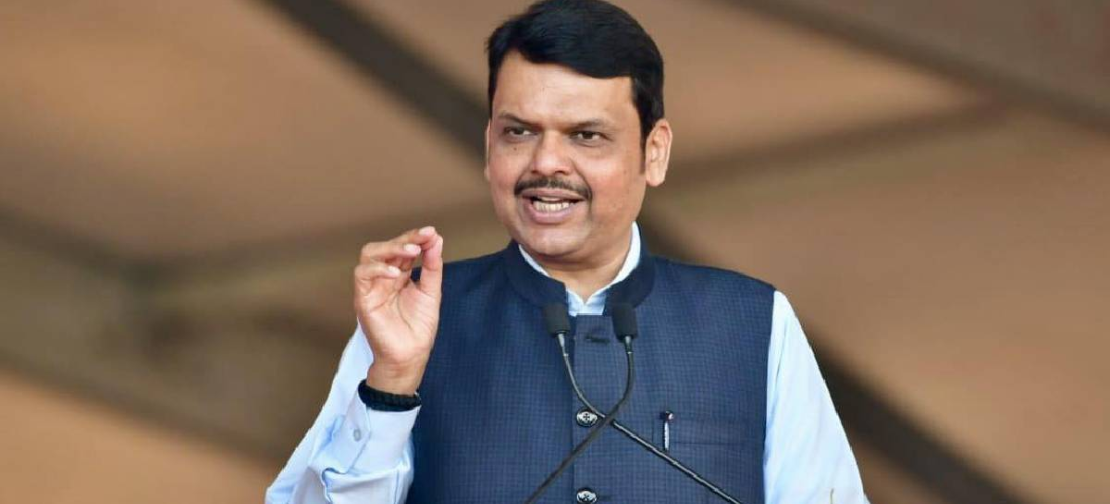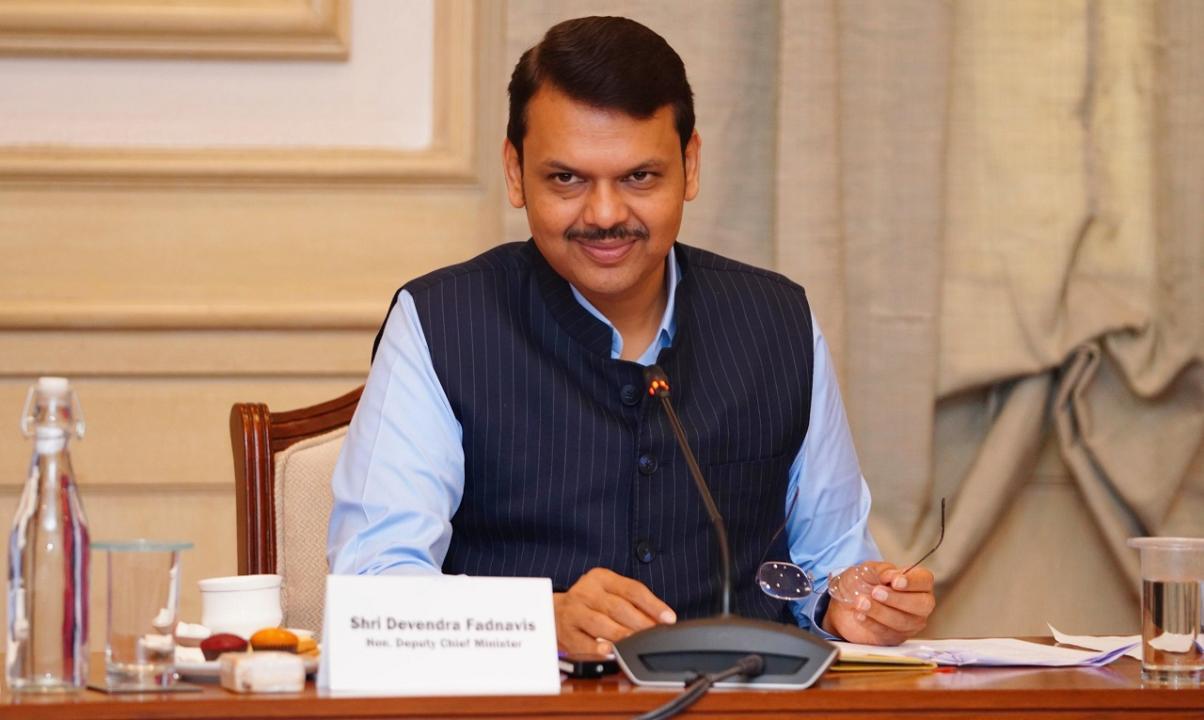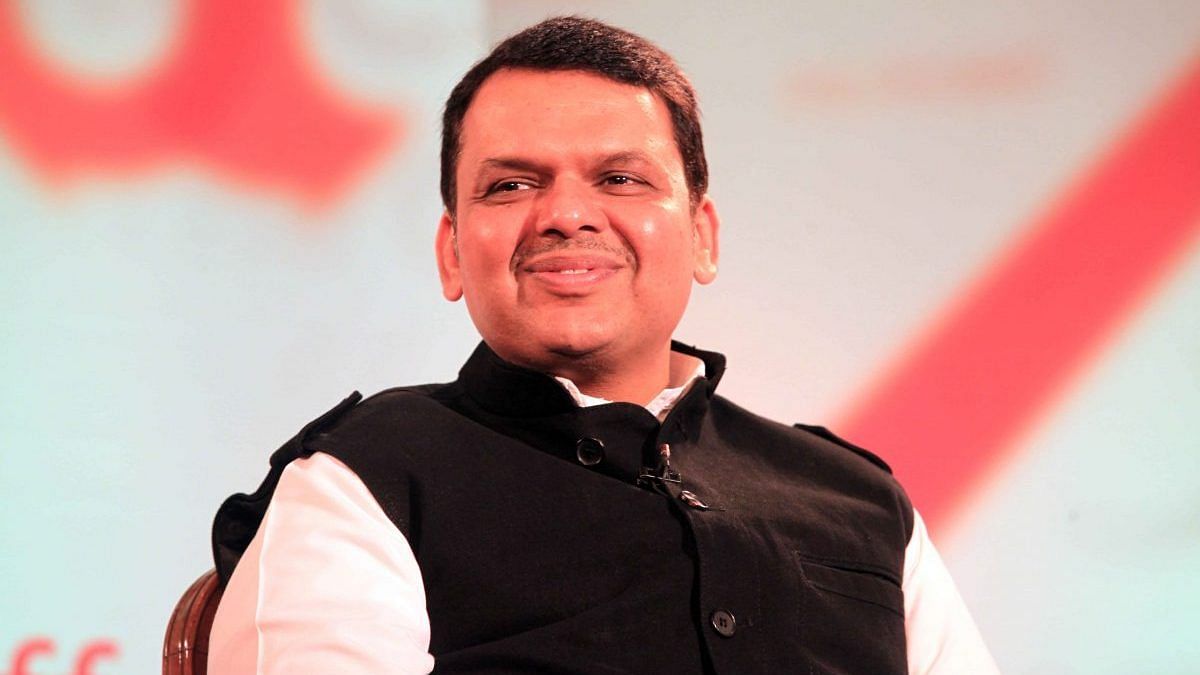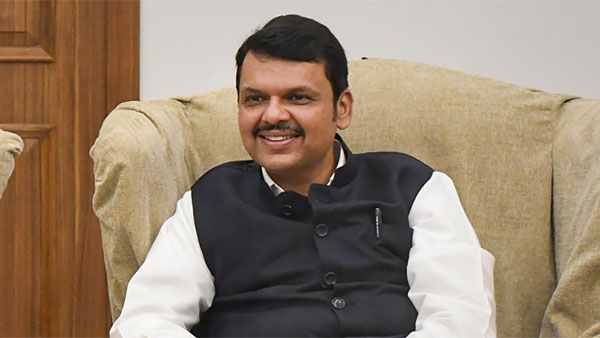Devendra Fadnavis’ Political Struggle: Navigating Power Shifts, Law and Order Challenges, and Internal Conflicts in Maharashtra
In a dramatic turn of events, Deputy Chief Minister Devendra Fadnavis, once the undisputed leader of the Bharatiya Janata Party (BJP) in Maharashtra, finds himself in a position of diminished influence and mounting pressure. Fadnavis, who served as the chief minister from 2014 to 2019, had commanded significant authority, especially over the state’s police force and law and order. However, a series of incidents, including the recent Baba Siddique murder case, has spotlighted a growing number of law and order failures that have turned the tide against him. Even within the ruling alliance, led by Chief Minister Eknath Shinde, Fadnavis is facing increased criticism.

The Baba Siddique murder is only the latest in a string of incidents that have painted a grim picture of law enforcement in the state. Devendra Fadnavis, who also holds the Home Ministry portfolio, has come under fire from the opposition as well as from his own allies for failing to maintain law and order. Opposition parties, particularly the Nationalist Congress Party (NCP), have demanded his resignation, citing delays in the investigation of cases like the Badlapur sexual assault and other recent high-profile crimes. Although NCP leader Chhagan Bhujbal has rushed to Devendra Fadnavis’ defense, the overall stance of the NCP has been critical, holding him responsible for the alleged deterioration in law and order.
The most significant factor complicating Devendra Fadnavis’ political standing is his ongoing power struggle with Chief Minister Eknath Shinde. Fadnavis’ influence over the state’s police force has been curtailed, with key decisions regarding officer transfers and sensitive cases now lying in the hands of Shinde. A senior BJP leader remarked, “When Fadnavis was chief minister, he had full control of the Home Ministry and kept crime in check. Now, the final authority lies with Shinde, and Fadnavis has been reined in, particularly in critical areas like Thane and Mumbai.”
Devendra Fadnavis himself has confided in close aides that he is frustrated with the “political interference” in the police force and expressed concern over the liberal issuance of weapon licenses in Thane over the past two years, which, he believes, has empowered anti-social elements. His frustration deepened with the transfer of three senior police officers from Thane to plum postings in Mumbai. These transfers were made without the input of the Home Department, further signaling the erosion of Fadnavis’ control.
Moreover, Fadnavis has been blamed for disturbing the hierarchy within the police force, particularly with the controversial appointments of Deven Bharti as special police commissioner of Mumbai and Rashmi Shukla as director general of police. These decisions, taken under Fadnavis’ influence, have reportedly upset a significant section of the police department. Furthermore, Fadnavis’ inability to secure a strong case for bail for party MLA Ganpat Gaikwad, who was involved in a land dispute-related shooting, has raised questions about his influence as Home Minister. Meanwhile, Mahesh Gaikwad, the opposing party in the dispute, was not arrested despite facing an extortion case, adding to the perception that Fadnavis’ authority is being undermined.
The deputy chief minister’s frustration extends beyond the police force. There have been numerous instances where Devendra Fadnavis has been sidelined. For instance, a case involving the son of a bureaucrat close to him was not treated with the seriousness he had demanded. In other cases, such as the hit-and-run incidents in Pune and Worli, political interference left Fadnavis powerless to take decisive action.

The tension between Devendra Fadnavis and Shinde is no secret. Their power struggle has occasionally spilled into the public domain, most notably with the launch of the state’s flagship women’s scheme, the Ladki Bahin Yojana. While the scheme was promoted in Shinde’s name,Devendra Fadnavis countered with his own publicity campaign, using the slogan “Devabhau” or “Brother Devendra.” This public display of rivalry only highlighted the growing rift between the two leaders.
To make matters worse for Fadnavis, his own party, the BJP, has opted for a collective leadership approach for the upcoming assembly elections, sidelining him as the central figure. The party’s poor performance in the Lok Sabha elections in Maharashtra has prompted the BJP high command to take charge of the assembly polls. Union ministers Bhupendra Yadav and Ashwini Vaishnaw have been leading the charge, holding frequent meetings in Mumbai, while senior leaders like Amit Shah and Piyush Goyal have taken on key roles. This move further diminishes Fadnavis’ influence in the state’s political landscape.
Fadnavis, who was once seen as the de facto leader of Maharashtra and even presumed to be the power behind Shinde’s throne, now faces a harsh reality. A senior Shiv Sena leader commented, “When the Shinde-led government was formed in June 2022, everyone assumed Fadnavis would be the de facto chief minister. But in the last two years, Shinde has emerged as the stronger leader.”
Despite the challenges and growing isolation, Fadnavis continues to put on a brave face, determined to remain relevant in the political scene. However, his current situation, with political setbacks, public criticism, and a diminished role within his own party, presents the most challenging phase of his career.

As the assembly elections draw nearer, Devendra Fadnavis’ future in Maharashtra politics hangs in the balance. Whether he can navigate the internal power struggles, restore his influence, and reclaim his position as the BJP’s frontman in the state remains to be seen. For now, Fadnavis is facing perhaps the toughest political battle of his life, with the odds stacked against him.

